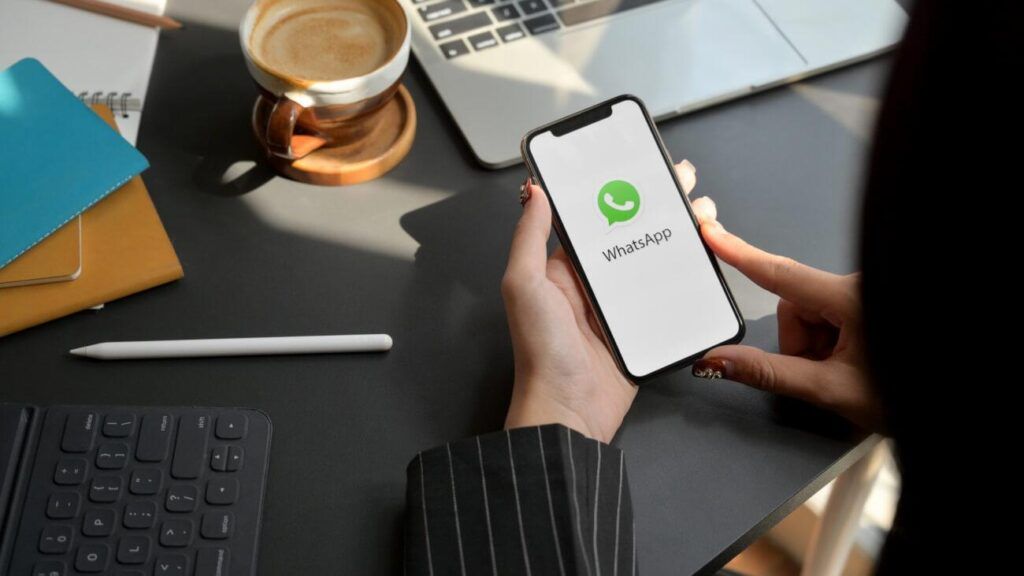WhatsApp is already present on nearly 3 billion smartphones. Its use is so widespread that ignoring it in your guest communication mix could be a strategic mistake. (Source: Revenue Hub / Bookboost)
Below are the core arguments from the Revenue Hub/Bookboost article with suggestions for an effective hybrid strategy.
Why consider WhatsApp as a guest channel?
Familiarity and trust. Guests already use WhatsApp daily. Receiving messages through this channel reduces friction, compared to emails that get lost or text messages that many ignore.
Speed and interactivity. Instant communication allows you to answer questions in real time, adjust requests, send check-in reminders, or send important alerts.
Complement, not substitute. WhatsApp doesn't have to be the only channel. It should be integrated with email and SMS, so that each medium is used according to the moment, the guest's profile, and the urgency of the message.
Comparing channels: WhatsApp, email and SMS
E-mail: Ideal for formal confirmations, documents, and detailed instructions. Caution: many end up in spam or go unopened.
SMS: Suitable for urgent messages, access codes, or alerts. Depending on the country and operator, this may be expensive.
WhatsApp: Perfect for quick conversations, consultations, and upselling during your stay. It's important to address your guests' requirements. opt-in, template control and the costs of starting conversations outside the 24-hour free window.
Use cases that work
- Online check-in reminders: Many guests forget or delay completing forms; sending them via WhatsApp can increase the completion rate.
- “Everything okay?” after check-in: An empathetic message generates closeness and allows problems to be detected early.
- Upselling during the stay: Offers on dinners, spas, local experiences, etc., with a direct link to reply or book.
- Agile channel with reception: quick questions about services, requests or early check-out.
Ideally, these shipments should be integrated with the CRM or PMS to personalize messages, automate flows and maintain consistency.
Costs and limits that you should consider
- Receive messages: When the guest initiates contact, responses within 24 hours are usually free (depending on the tool and policy).
- Send messages (start conversation): This typically incurs a cost, especially for campaigns or messages outside the free window. Prices vary by country.
- Guests who do not use WhatsApp: There will always be those who prefer other channels (for example, corporate clients or older generations). It's advisable to maintain a backup plan with email or SMS.
- Spam perception/credibility: Messages must come from verified or corporate numbers to avoid appearing fraudulent. Official platforms allow the use of verified landline or business numbers.
Recommended hybrid strategy for hotels
- Map the guest journey and identify key moments where a WhatsApp message is relevant (before check-in, during the stay, upsell, post-stay).
- Get a clear opt-in upon booking or digital check-in, informing them that you can contact them via WhatsApp (respecting privacy and local laws).
- Integrate with your PMS/CRM to automate shipping and customization.
- Do pilot tests with small segments before expanding: offer something of value (welcome drink, upgrade) and measure response and rejection rates.
- Monitor key metrics: opening, response, upsell conversion and complaints.
- Train your reception and customer service team To respond with empathy and agility: WhatsApp requires fluency and a human tone.
WhatsApp can be a watershed in the digital guest experience, especially in Latin America, where the app is already part of everyday culture. But it's not magic: it only generates value when integrated into a well-designed, hybrid strategy with clear control.



